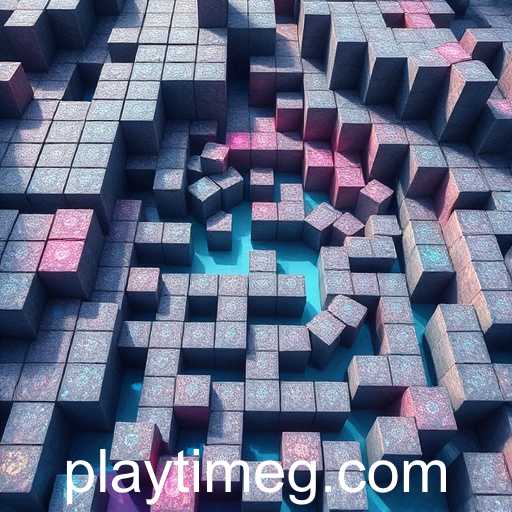Puzzle games have long captivated players with their enthralling challenge of the mind. As technology advances and gaming cultures evolve, the timeless appeal of puzzle games continues to hold a special place in both casual and dedicated gamer's hearts. This genre, typically centered on solving logic puzzles or navigating mazes, stands apart in the vast landscape of video games due to its unique ability to engage, educate, and entertain across all age groups.
In the realm of digital gaming, 'playtime' has become a crucial metric in evaluating a game's impact and popularity. Puzzle games, ranging from the simple elegance of Sudoku to the complex narratives of titles like 'The Witness', often boast impressive playtime statistics. This is partly because they offer replayability through their varying levels of difficulty and endless permutations of challenges, inviting players to return repeatedly.
Puzzle games stimulate mental agility, enhancing cognitive functions such as problem-solving skills, spatial reasoning, and lateral thinking. These benefits are an attractive draw for players seeking not just entertainment but also a mental workout. Studies have even shown that regularly engaging in puzzle-solving can delay cognitive decline, making these games a valuable tool for mental health.
Furthermore, puzzle games often require minimal hardware, making them highly accessible to a wider audience. Mobile platforms have significantly boosted their popularity, with ubiquitous titles like 'Candy Crush' reaching unprecedented levels of global engagement. On these platforms, playtime is often conveniently broken into short bursts, fitting smoothly into the idle moments of daily life.
As gaming technology evolves, so too do puzzle games. Developers are continuously integrating new technologies such as virtual reality and augmented reality to further immerse players. These enhancements not only extend playtime but also enrich the player's experience by providing novel interactive elements that keep the gameplay fresh and exciting.
In conclusion, puzzle games have carved out a niche where logical thinking meets interactive fun. As our lives become increasingly digital, and as more people seek meaningful ways to spend their leisure time, the playtime allure of puzzle games is set to grow. They not only offer a gratifying cognitive challenge but also respect the player's time by fitting into their schedule as a flexible and ever-refreshing source of brain-teasing entertainment.








